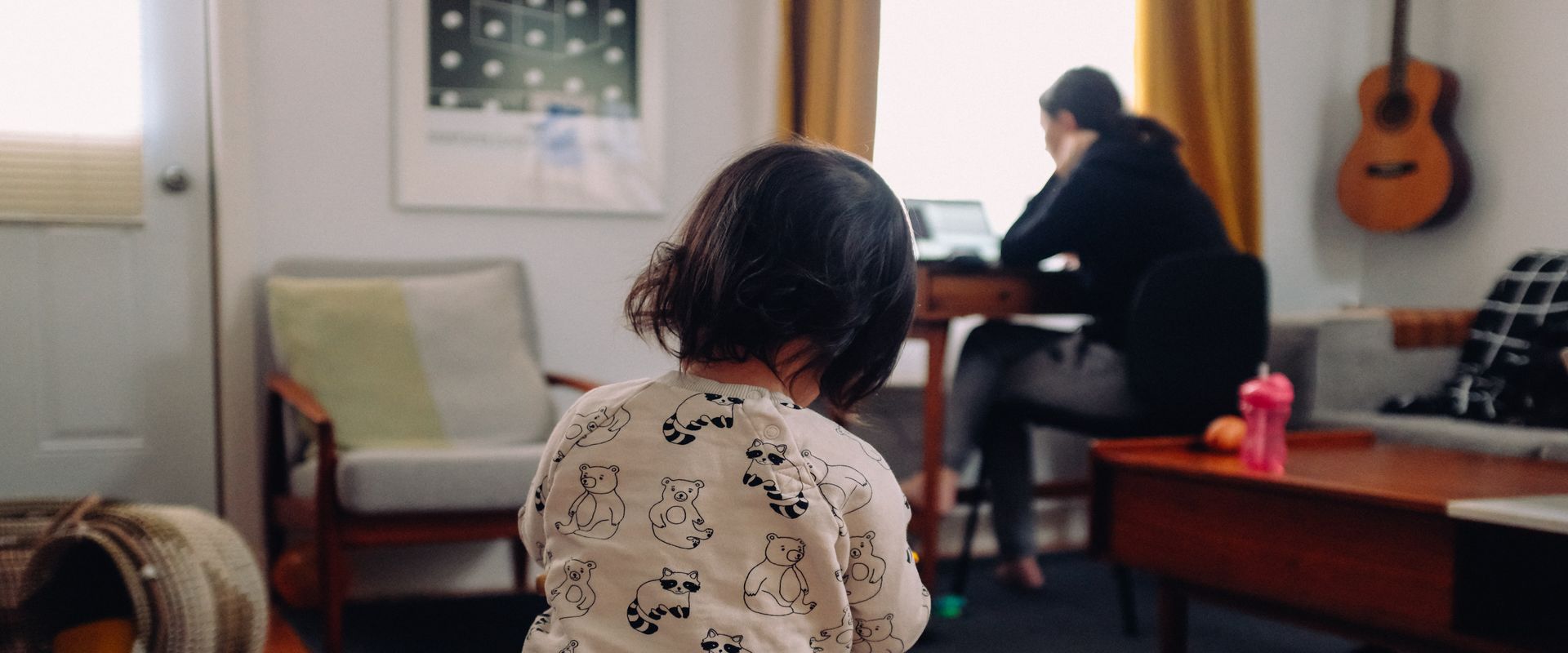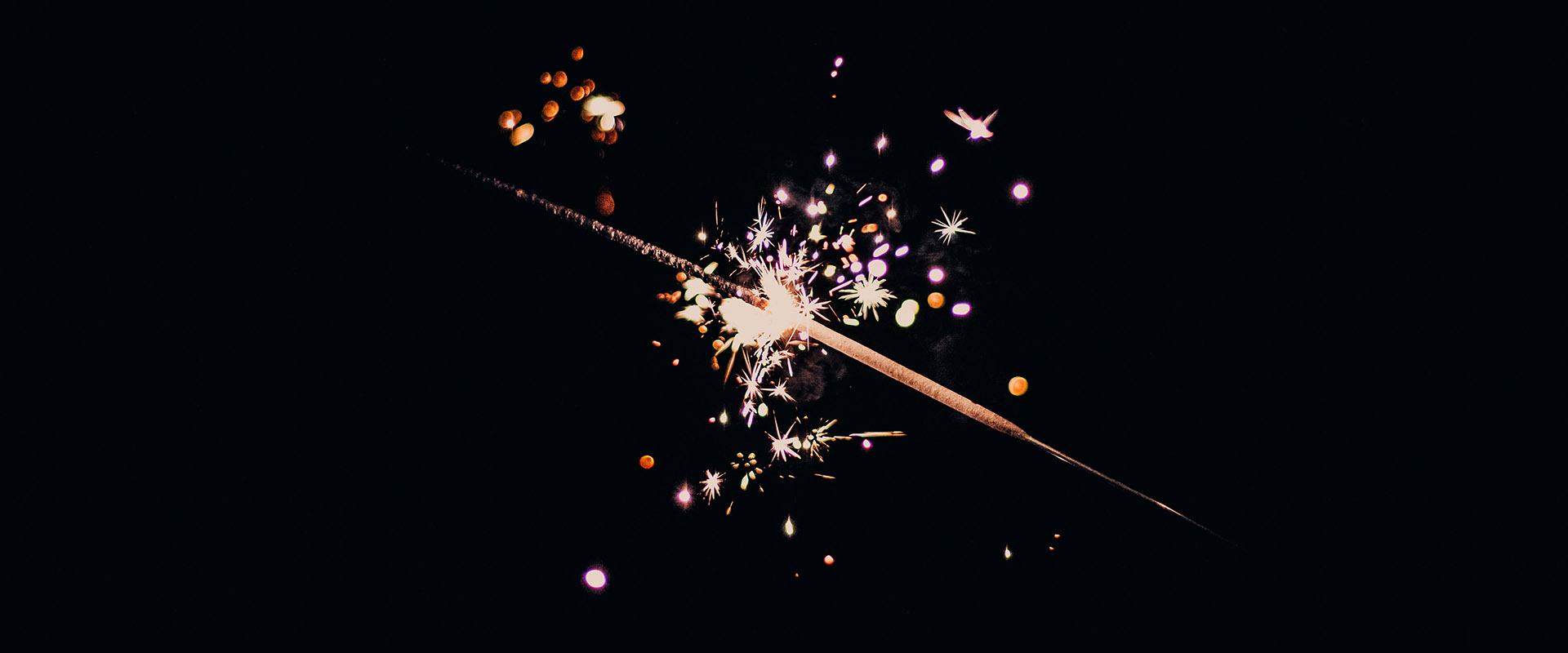While American exceptionalism trumpets that we can do anything we set our minds to accomplish, life experience and research confirm what we all suspect deep down: We cannot do it all.
The limits on what we can accomplish in a day are very real, and ignoring them has consequences for our relationships, our identity, and our mental and spiritual health. Yet for Christians, the inability to do everything shouldn’t threaten us; it’s how God made us. Finite creatures cannot do everything, and accepting our finitude allows us to live the way God designed us to live.
In his new book, You’re Only Human: How Your Limits Reflect God’s Design and Why That’s Good News, Kelly Kapic invites readers to rethink finitude. For Kapic, that includes a new understanding of humility.
Humble Creatures
Rather than rooting humility’s virtue in our sinfulness, Kapic, a professor of theological studies at Covenant College, identifies the source of humility as our creatureliness.
“Instead of starting with sin, we must ground our theology of humility in the goodness of creation,” Kapic writes in the book. “Humility is a distinctly biblical virtue because it begins with the knowledge that there is a good Creator Lord and we are the finite creatures he made to live in fellowship with him,” (emphasis Kapic’s).
Our limits are opportunities to welcome the different experiences and perspectives of others — and to learn from them. Understanding our limited perspectives frees us to see others as having something meaningful to contribute to a conversation or a decision. In this way, each worker on a team can enhance the team’s perspective.
In talking with me for Common Good, Kapic noted there is a growing body of research that affirms the importance of collaborative decision making. Whether it’s medical staff, patients, and caregivers collaborating on the best course of action for a patient or elected officials and the public working together to determine which highway improvement projects to prioritize, research suggests the best decisions are often ones in which many stakeholders have a voice.
Christians should not be surprised by this. After all, we know that we are not omniscient. But still, even in the church, Christians often act as if we need to have all the answers.
“We need to encourage [church] leadership and laity to delight in other people. One of the things a Christian boss or manager should do is freely and without manipulation delight and celebrate the particularity of the people involved. We see the gifts and can freely praise the gifts and the giver of the gifts,” Kapic said.
A Theology of Limits and Productivity
Beyond humility, our finitude should also impact how we as believers think about efficiency and productivity. Kapic prioritizes wholeness over the Western understanding of productivity, but many Christians have bought the lie that busyness is a sign of strong moral character.
“As Christians we have baptized almost all of that. We think that to do anything different than crazy busy is an excuse to be lazy. We change the language, but we are down that river” of endorsing busyness, Kapic said.
The result is that when it comes to work, we expect humans to act like machines to the detriment of our overall well-being. And it starts early. Kapic notes in You’re Only Human that many teenagers spend their waking hours racing from school to extracurricular activities to work to homework to bed.
As a college professor, Kapic sees the toll this mindset takes on his students. From a young age they have had their days jam-packed with activities because they have been led to believe this will keep them out of trouble and get them into a good college. Kapic writes that his students believe busy lives are morally superior, and if they cannot keep up, they exhibit moral weakness: “They reach the unquestioned view that getting certain grades is not just valuable; it defines your worth.”
And then there’s work anxiety: the gnawing sense that we have not done enough and cannot take a break. According to a 2017 Glassdoor study, 23 percent of employees reported taking 25 percent or less of their eligible time off, and nine percent reported taking no vacation or paid time off at all.
Refusal to take time off from work could be a result of what experts now call “productivity dysmorphia,” or the inability to see the validity of one’s own accomplishments.
“Productivity dysmorphia sits at the intersection of burnout, imposter syndrome and anxiety,” writes Anna Codrea-Rando. “It is ambition’s alter ego: the pursuit of productivity spurs us to do more while robbing us of the ability to savor any success we might encounter along the way.”
Some listicles suggest mitigating this anxiety with techniques like making a to-do list and crossing off each item as it is accomplished. Making time to see and celebrate each accomplished task, the thinking goes, can quell the fear that we’re not doing enough.
Codrea-Rando suggests that productivity dysmorphia is a sign of more sinister inequities in the workplace and imbalances in gender, race, and socio-economic status, which make people feel as though they have to work twice as hard to keep up.
Even secular researchers and companies that claim to value employee well-being usually do it because happy workers are more productive workers. Some companies like Target, Google, and Tyson Foods go so far as to hire chaplains to care for their employees and to help a company’s HR department. Mindfulness, flow, reducing the work week to four days — these might be good ideas, but they are stand-ins to reduce work anxiety about productivity.
They don’t address the spiritual realities.
Standing as an alternative to Western productivity is the Christian view of wholeness. And for Kapic, wholeness includes love and being present: present with those around us and present with God. But love comes at a cost, and that cost is efficiency.
“Efficiency is the enemy of love. To love anything is brutal because it takes your time and energy and doesn’t give you rewards,” Kapic said. “If efficiency is our primary goal, I think love gets lost very easily. That’s why being parents, a spouse, even a good friend is the training ground to learn that over and over again.”
For Kapic, one antidote is practicing presence, both with God and with others. This ties into his idea of humility, of seeing others for who they are, celebrating what they bring to the work team or church body, and welcoming their contributions. This requires a generous spirit and a light hold on ideas like efficiency and productivity.
And practicing presence with God is surrendering to the spiritual reality that all of life is lived before the face of God. “The reason we’re not anxious is because the Lord is near. It’s when I act like everything depends on me that the anxiety increases. When we’re not fully present with other people, we start to move people into just something we use rather than actual other people,” he said.
Kapic’s observations echo what Ashley Hales writes about paying attention in her 2021 book, A Spacious Life: Trading Hustle and Hurry for the Goodness of Limits:
We cannot seem to even cross off the tasks on our to-do lists, let alone accomplish what we desire. Yet the art of paying attention acknowledges our limited time and follows Jesus in spending it in the same way Jesus does: in love and prayer. When we practice paying attention, we embrace our limits of time.
Kapic readily admits that all the concepts he explores in his book are much easier to read about and write about than they are to put into practice. He wrote about humility, practicing presence with God, prayer, and slowing down to cultivate gratitude, express lament, and rest because he struggles with all of these ideas.
But the net result, as Kapic told Hales on a recent episode of her podcast, is a life of love: a spacious life with good limits lived coram Deo. And it’s a life of communal dependence, Kapic told Hales. These limits can strengthen Christian community.
“When you have friends and the church buying into this, it’s a communal sport and we can help one another.”





